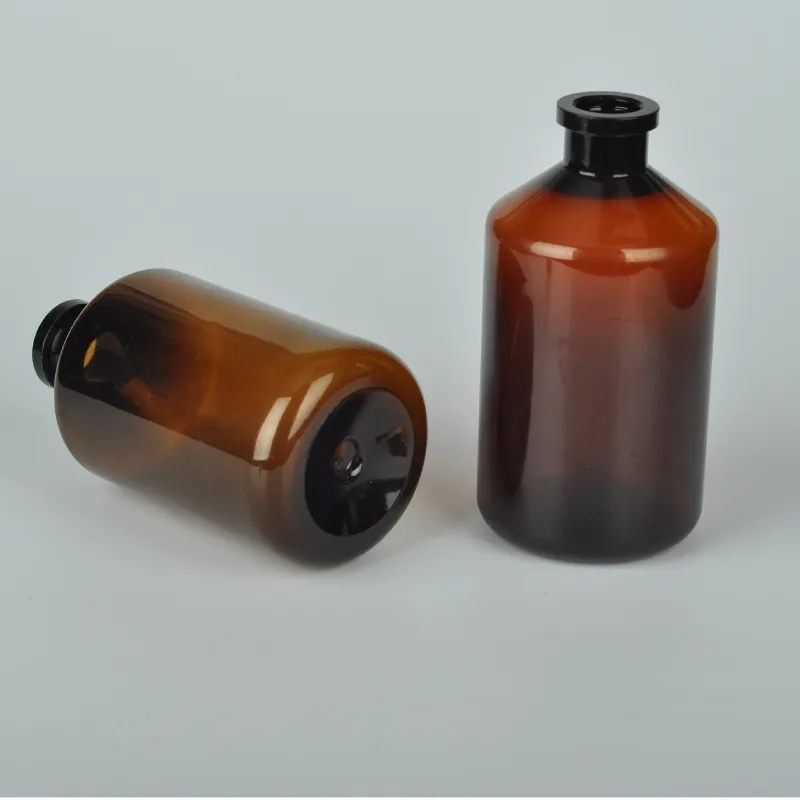Identification and Storage of Chemical Reagent Bottles for Laboratory Use
The Importance of Proper Labeling and Handling of Chemical Reagent Bottles
In laboratories around the world, chemical reagent bottles play a crucial role in scientific research, education, and industrial processes. These bottles, often made from glass or high-density polyethylene, are designed to store chemical substances safely. However, the importance of proper labeling, handling, and storage of these containers cannot be overstated. It directly impacts the safety of laboratory personnel and the integrity of scientific experiments.
Firstly, labeling chemical reagent bottles is of utmost importance. Each bottle must have clear, accurate labels that include the chemical name, concentration, hazard symbols, and any pertinent safety information, such as associated risks and first-aid measures. This information is not only vital for those directly using the chemicals but also for emergency responders in case of an accident. Inadequate labeling can lead to dangerous misidentifications and severe consequences, making a robust labeling policy essential in any laboratory setting.
Secondly, handling chemical reagent bottles requires careful attention and adherence to safety protocols. Laboratory personnel must be trained to understand the properties of the chemicals they are working with, including their reactivity, toxicity, and potential health hazards. For instance, highly volatile substances should be handled in fume hoods to prevent inhalation of harmful vapors. Gloves, goggles, and appropriate lab coats are also indispensable tools for protecting against spills and splashes. The introduction of regular training and safety drills plays a pivotal role in ensuring that laboratory personnel are constantly reminded of the best practices when working with chemical reagents.
chemical reagent bottle

Moreover, the storage of chemical reagent bottles must be systematically organized to prevent accidents. Chemicals should be stored according to their chemical compatibility. For instance, oxidizers should be kept away from flammable substances, and acids should not be stored near bases. Safety cabinets designed for chemical storage can greatly reduce the risk of fire and chemical reactions. Additionally, the shelves where these bottles are stored should be clearly marked, and inventory management should be maintained to ensure that expired chemicals are disposed of properly.
Another critical aspect of chemical reagent bottles is their inspection and maintenance. Regular checks for any signs of wear, damage, or leaks are essential in preventing chemical spills that could lead to hazardous situations. Bottles should be physically examined for cracks, discoloration, or other indications that the contained chemical may no longer be safe to use. Utilizing secondary containment measures, such as trays or bins that can hold any spills, provides an added layer of safety.
Finally, environmental considerations must also be factored in when dealing with chemical reagent bottles. Laboratories produce various waste types, and it is crucial to identify how to dispose of chemical reagents responsibly. Many chemicals cannot simply be poured down the drain; they must be collected and handled according to environmental regulations and guidelines. This responsibility extends beyond the laboratory and necessitates cooperation with waste management services that specialize in hazardous materials.
In conclusion, while chemical reagent bottles are fundamental to laboratory operations, their safe use hinges upon proper labeling, careful handling, appropriate storage, and vigilant maintenance. By adhering to these practices, laboratories not only protect their personnel and facilities but also ensure the reliability and validity of their scientific work. The respect for these procedures reflects a commitment to safety, accountability, and excellence in the pursuit of scientific advancement.
-
Aesthetic Makeup Spray Bottles | Fine Mist Empty RefillableNewsAug.19,2025
-
White Plastic Veterinary Vaccine Vials | Lab Liquid BottlesNewsAug.18,2025
-
Plastic Medicine Liquid Bottle: Secure Flip Top Drug VialsNewsAug.17,2025
-
Durable 250ml Blue Plastic Vaccine Vial for Lab & Vet UseNewsAug.16,2025
-
Sterile Virus Sample Tubes: Secure & Reliable Specimen CollectionNewsAug.15,2025
-
White 250ml Plastic Vaccine Vial for Lab & Vet MedicineNewsAug.14,2025
























